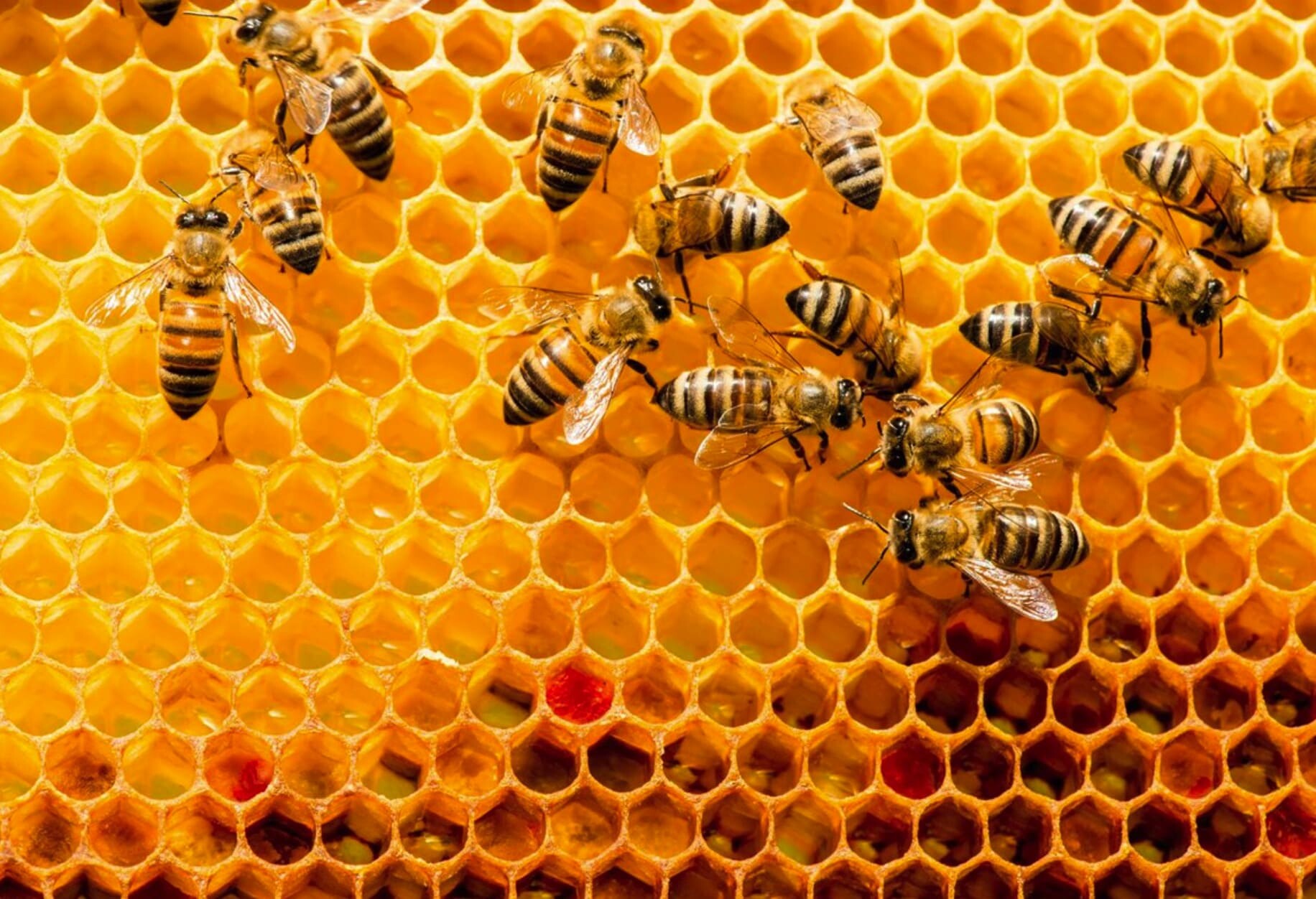Honey production depends to a large extent on the health and efficiency of the bees. A determining factor is climate control within the hive, as both humidity and temperature directly influence the honey maturation process. In this article, we will take a closer look at the importance of monitoring these parameters and how technological solutions such as the ERI INOX HR LED 2L chamber can make a difference in optimising bee production.
Importance of Humidity and Temperature
In this study, one of the most relevant findings was the close correlation between the internal humidity of the hive and the weight of the colony throughout the day. This control is vital for:
- Accelerating honey maturation: An environment with optimal humidity facilitates the evaporation of nectar and accelerates the honey production process.
- Maintain bee health: Inadequate temperature conditions can stress the colony and decrease collection efficiency.
Observations showed that:
- During the afternoon, the weight of the hive increases significantly due to the influx of nectar collected by foraging bees.
- During the night, the hive loses weight as the bees work on evaporating the moisture from the nectar to convert it into mature honey.
Real-time hive monitoring
Sensor monitoring technology in the hives allows researchers to monitor changes in temperature and humidity inside the hives in real time. This continuous monitoring provided valuable data on:
- The working hours of the bees: The start and end of the day of the foraging bees could be observed, with a drop in weight when leaving and an increase when returning with nectar.
- The evolution of the honey harvest: By observing the weight data, it is possible to predict the optimal time for honey collection, detecting when the bees are working most intensively on nectar collection.

Relation between Heat and Productivity
The study also revealed how high temperatures directly influence bee performance. Simulating conditions of warmer summer days, the hives experienced a marked increase in nectar input. Several important factors were observed:
- Increased bee activity: Warmth and long daylight hours allow the bees to start working earlier.
- Lower internal energy consumption: With stable temperatures, bees need to devote fewer resources to thermal maintenance.
- Increased availability of honeydew: Warmth promotes honeydew secretion in species such as oak and holm oak, which increases the availability of food.
Conclusions
This study highlights the importance of continuous monitoring of hives using technological tools to adjust climatic conditions and optimise production.
Controlling parameters such as humidity and temperature inside the hive is essential not only for the health of the bees, but also to ensure an abundant and high quality honey harvest.
Our technology: ERI INOX HR LED 2L: An Efficient Technological Solution
For beekeepers looking for a more precise control of the internal conditions of their hives, the ERI INOX HR LED 2L camera offers multiple advantages:
- Versatility: Available in 5 different volumes.
- Wide temperature range: from +10°C to +50°C.
- Controlled humidity range: 40% to 80% RH, ideal for optimising honey maturation.
- Horizontal airflow: Ensures even air distribution on the shelves.
- Efficient cooling: Uses low GWP gases, respecting the environment.
- Easy cleaning: Stainless steel construction with rounded corners.
- Fresh air control: Dampers to regulate ventilation.
- Adaptive lighting: LED lights with positioning options.
- Intuitive interface: 7″ colour touch control for precise programming.

Shall we specify the details?
Do we maximise the quality and yield of your honey? Write to us at contact@testinglab.es and we’ll get serious. Let’s take the first step towards optimising your hives. Your next great harvest starts here.

